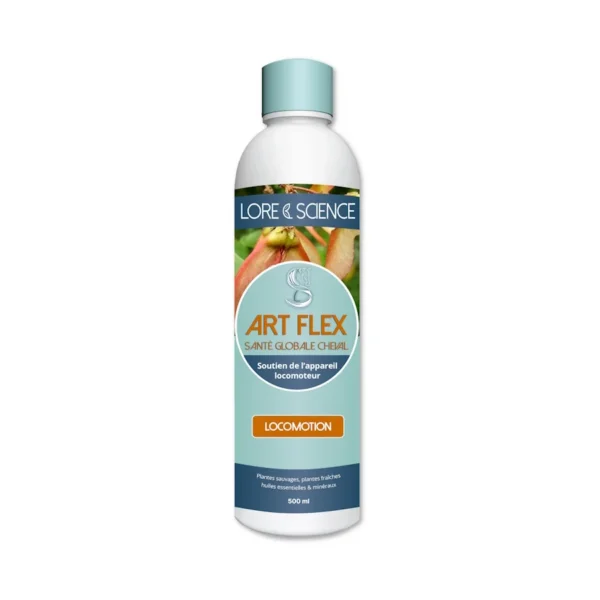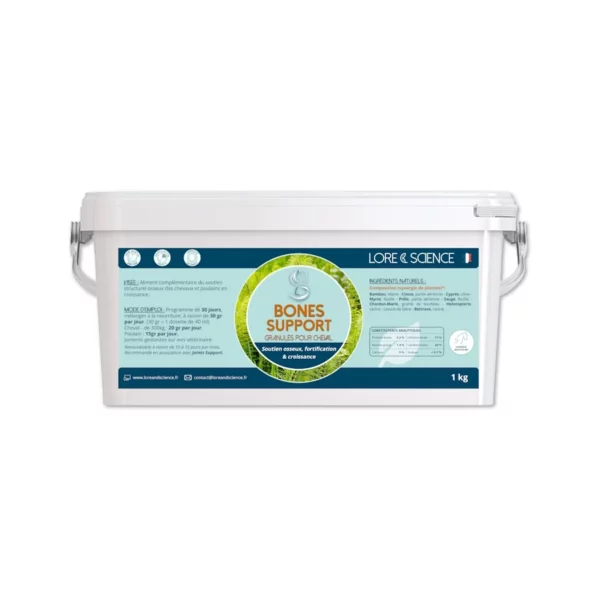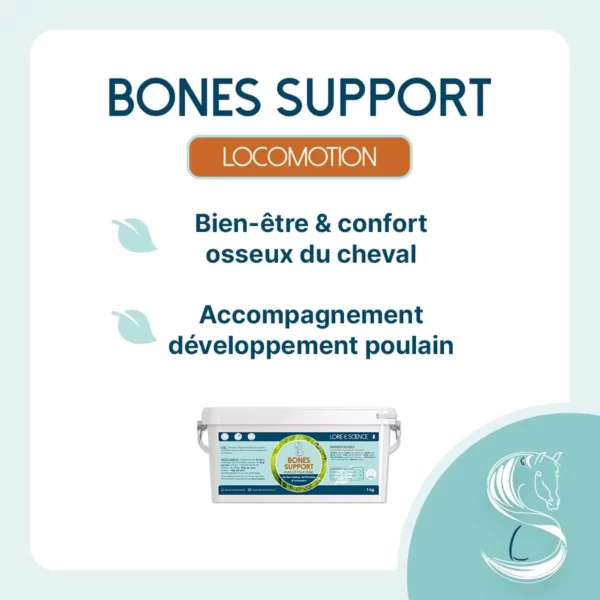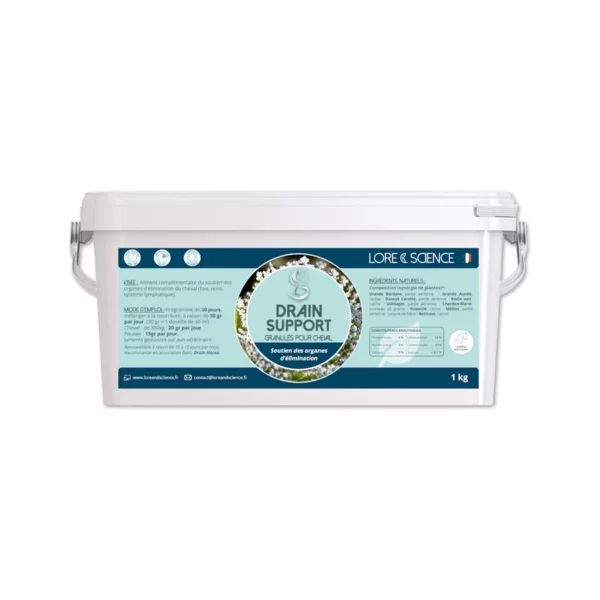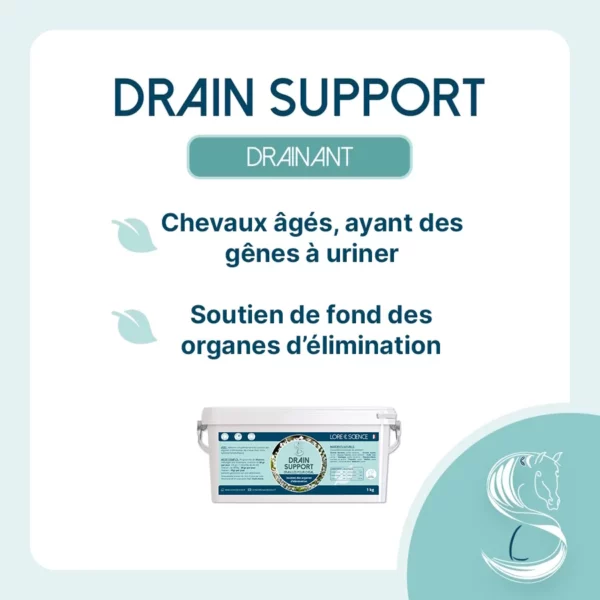The immune system: 2 major types of functioning.
The first is the action of the innate (non-programmed) immune system, which fights all types of infection without distinction.
This is a set of defensive elements against infectious agents or foreign bodies.
It is active throughout the body, including in the joints, playing a major role in septic arthrosis in horses.
The second is theadaptive immune action that fights only one kind of bacteria or virus. This is what vaccination offers, for example.
At the joint level, the innate immune system acts as follows:
When joints become infected, certain immune system cells take action.
Lymphocytes, monocytes (dendritic cells) and granulocytes emerge from blood vessels. They head for the joint cavity to combat dangerous pathogens.
The different types of joint infections
In the majority of cases of arthritis in horses, the pathogens found are:
- Bacteria, such as Staphylococcus or Streptococcus.
- Fungi and fungal infections, which are much rarer.
Bacteria, fungi or viruses that invade the joints are already in another part of the body.
These infectious agents migrate into the joints, particularly from the intestine, via the bloodstream. This is called intestinal translocation.
When the intestine is weakened, the intestinal flora of the horse becomes pathogenic, abnormally loaded with bad bacteria. The intestine becomes permeable and allows infectious agents that should normally be controlled and eliminated to enter the bloodstream.
The immune system comes to defend the joints.
In the presence of infectious agents, the immune system intervenes to destroy the elements it has identified as being harmful to joint health.
However, for reasons we don't necessarily recognize, this same immune system, our first ally in health, turns into an enemy.
It goes into overdrive and starts attacking the whole joint, cartilage and bone alike, and not just the bacteria, viruses and fungi lodged there.
This is called autoimmunearthritis or osteoarthritis.
The reasons for these excessive reactions of an overactive immune system are not well known, but they do point to a possible treatment pathway to stop certain types of degenerative arthritis.
How to help a horse with osteoarthritis
It is important to address the health of the horse's gut early on and to understand what is deteriorating its gut flora and intestinal lining.
The use of prebiotics and probiotics is recommended to reconstitute the horse's saprophytic flora.
At the same time, it is necessary to help the intestine to rebuild itself, which will require the use ofamino acids and in particular L-Glutamine.
To help the horse's immune system and reduce joint inflammation.
A horse suffering from osteoarthritis is in pain. It is therefore necessary to reduce joint inflammation to relieve it.
This is what cortisone, prescribed by your veterinarian, does, for example, by reducing inflammation and lowering immune activity.
You can also choose natural care solutions by using food supplements containing plants with anti-inflammatory properties. For example blackcurrant, ulmar or harpagophytum.
Concerning the immunity of the horse, several plants are active
Echinacea and burdock have been scientifically recognized (following numerous clinical studies) as immunomodulators.
They have the capacity to rebalance the immune system, enabling it to regain the logical and measured actions it naturally possesses.
Numerous scientific studies carried out on humans have demonstrated the positive action of the Uncaria tomentosa (cat's claw) plant in cases of severe osteoarthritis.
In this case, it is interesting to note that, above all, Cat's Claw is a plant designed to reinforce immunity.
At Lore & Science we offer a supplement based on medicinal plant extracts to help horses suffering from osteoarthritis. Discover our 100% natural supplement. Art Flex.
Immunity is a key!
It's rare to have inflammation without infection, and even rarer to have infection without inflammation!
Strengthening your horse's natural defenses and its intestinal flora remain the essential actions. For health prevention and, above all, on the road to recovery!
Does your horse suffer from osteoarthritis? Share your experience in the comments ↓


